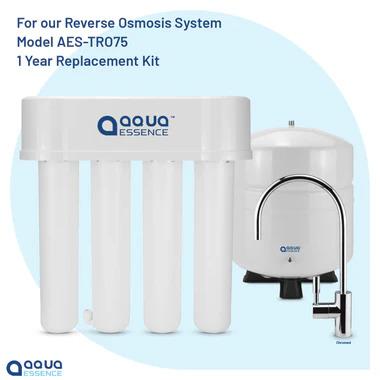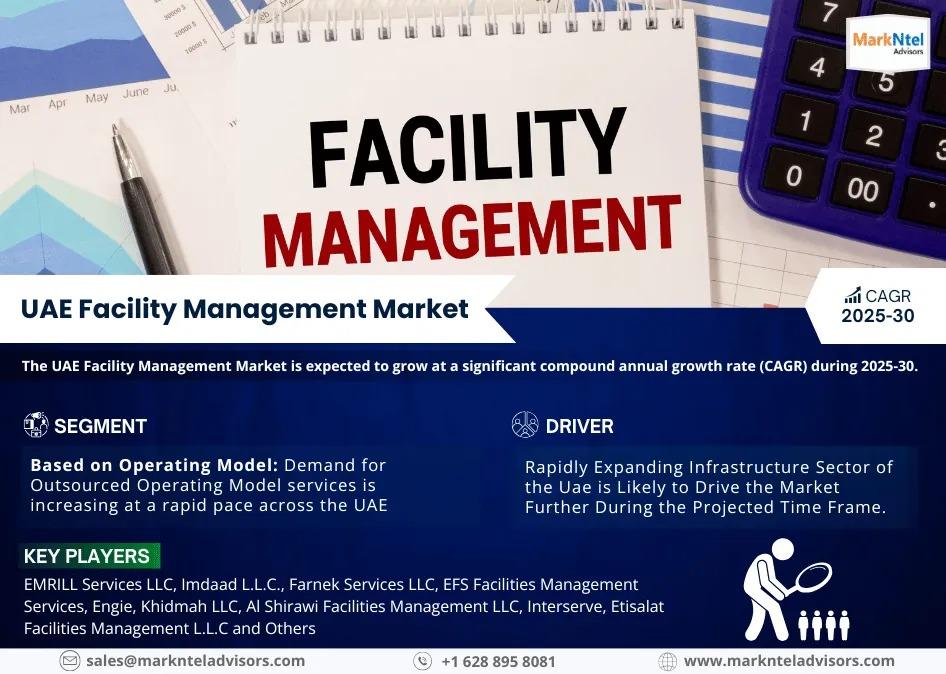How Water Softeners Improve Appliance Performance And Daily Household Water Usage

The Constant Battle Between Hard Water And Household Systems
Many homes across the globe struggle with the effects of hard water. This type of water contains a high concentration of minerals, particularly calcium and magnesium. These minerals may not be harmful to human health, but they wreak havoc on plumbing, heating systems, and cleaning routines. From mineral deposits that clog pipes to stains on bathroom fixtures, the consequences are easy to notice but hard to eliminate without a proper solution.
This is where water softeners become essential. By transforming hard water into soft water, they drastically improve household efficiency, safeguard infrastructure, and simplify routine tasks. As more people understand the long-term effects of hard water, the demand for reliable water softening systems continues to grow.
What Happens Inside A Water Softener System
At its core, a water softener performs a simple yet highly effective function: it removes hardness minerals through ion exchange. Inside the softener’s tank are thousands of tiny resin beads that attract and hold onto calcium and magnesium. These minerals are exchanged with sodium or potassium ions, effectively softening the water before it flows through your home's plumbing.
When the resin beads reach their capacity, the system goes through a regeneration process. Salt from the brine tank cleans the beads, removing accumulated minerals and resetting them for continued operation. This cycle can be timed or metered based on your household's water usage.
The Impact Of Water Softeners On Cleaning And Laundry
One of the immediate benefits households experience after installing a water softener is the improvement in cleaning results. Hard water prevents soap from lathering properly, leaving behind soap scum and streaks. This not only affects the appearance of dishes and surfaces but also increases the amount of detergent needed for washing.
Laundry also sees noticeable changes. Clothes come out cleaner, softer, and brighter because soft water allows detergents to perform as intended. Stiff towels and faded fabrics become a thing of the past, and you save money by using less soap and fewer cleaning agents.
Extending The Life Of Your Home Appliances
Appliances that use water—such as water heaters, dishwashers, washing machines, and coffee makers—suffer when exposed to hard water. Mineral buildup inside these devices reduces efficiency, raises energy costs, and eventually leads to breakdowns.
Water softeners eliminate this buildup, preserving the internal components of appliances and helping them run more efficiently. Over time, this means fewer repairs and replacements, making water softeners a financially sound decision for households looking to lower operational costs.
How Water Softeners Help Preserve Plumbing Systems
Pipes and fixtures in hard water homes are particularly vulnerable to scale accumulation. This buildup reduces water pressure, clogs drains, and contributes to the corrosion of plumbing materials. Water softeners prevent this from happening by eliminating minerals before they can form deposits.
The result is a cleaner plumbing system, reduced risk of leaks, and longer pipe life. Preventative action today can save thousands in future plumbing repairs, which is why so many homeowners consider water softeners a necessary investment rather than an optional upgrade.
How Water Softeners Work Alongside Water Filters
While water softeners remove hardness minerals, they don’t eliminate contaminants such as chlorine, sediment, or bacteria. For this reason, many homeowners install water filters in tandem with water softeners. This combination ensures water is both soft and clean.
Water softeners can be installed before or after filtration systems depending on your water source and goals. When paired correctly, these systems provide comprehensive water treatment, enhancing not only performance but also water taste and safety.
Technological Advancements In Water Softening Systems
The water softener industry has seen significant innovation in recent years. Smart systems now allow users to track salt levels, regeneration cycles, and water usage through smartphone apps. Some units even adjust regeneration based on real-time consumption, leading to improved efficiency and lower salt and water waste.
These advancements make modern softeners easier to manage and more environmentally friendly. Users can enjoy the benefits of soft water without worrying about excessive maintenance or negative environmental impacts.
The Economic Case For Installing A Water Softener
While the initial cost of purchasing and installing a water softener may seem high, the long-term financial benefits make it worthwhile. Reducing soap usage, minimizing appliance repairs, and lowering energy bills all contribute to significant annual savings.
Most systems also increase home value, especially in areas where hard water is common. Prospective buyers often appreciate the added convenience and protection that a soft water system provides, making it a subtle but effective selling point.
Conclusion
Water softeners are a powerful tool for households facing the negative effects of hard water. They improve cleaning results, protect expensive appliances, maintain plumbing integrity, and offer long-term savings. With modern technology making them more user-friendly and efficient, there’s never been a better time to invest in one. As the cost of utilities and home maintenance rises, water softeners stand out as a practical, cost-effective solution for better water and better living.








